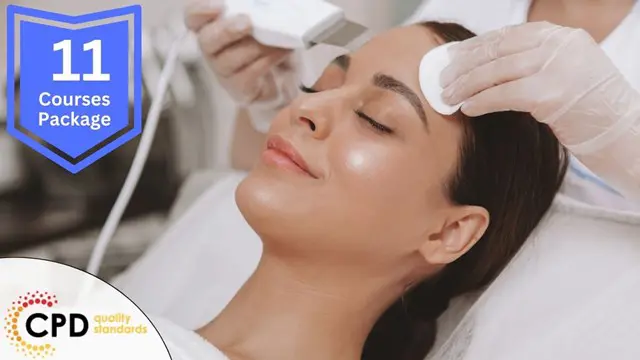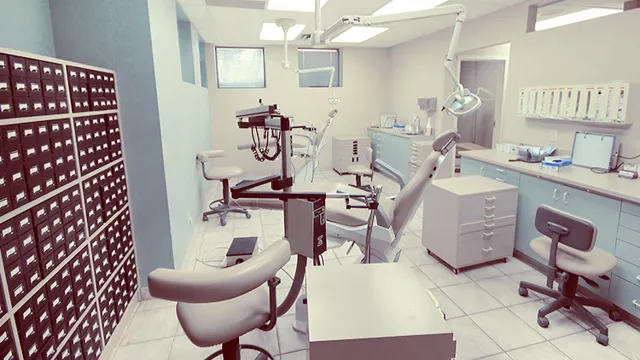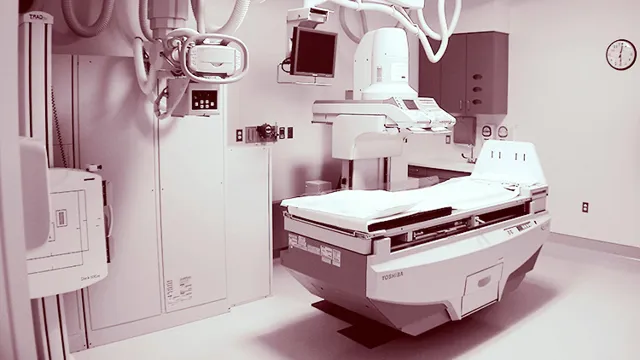Dermatology & Skincare Training
Apex Learning
Holiday into Savings | 11-in-1 Bundle| 115 CPD Points| Gifts: Hardcopy + PDF Certificate + SID - Worth £180
- 19 students
- Online
- 49 hours · Self-paced
- Certificate(s) included
- 115 CPD points
- Tutor support
Great service
Acne, Eczema, Shingles, Sunburn, Rash— sound familiar? These are the most common skin conditions we face every day. Unfortunately, we suffer from these irritating/ embarrassing and often painful experiences because of the lack of knowledge about skincare . But we can easily
…





